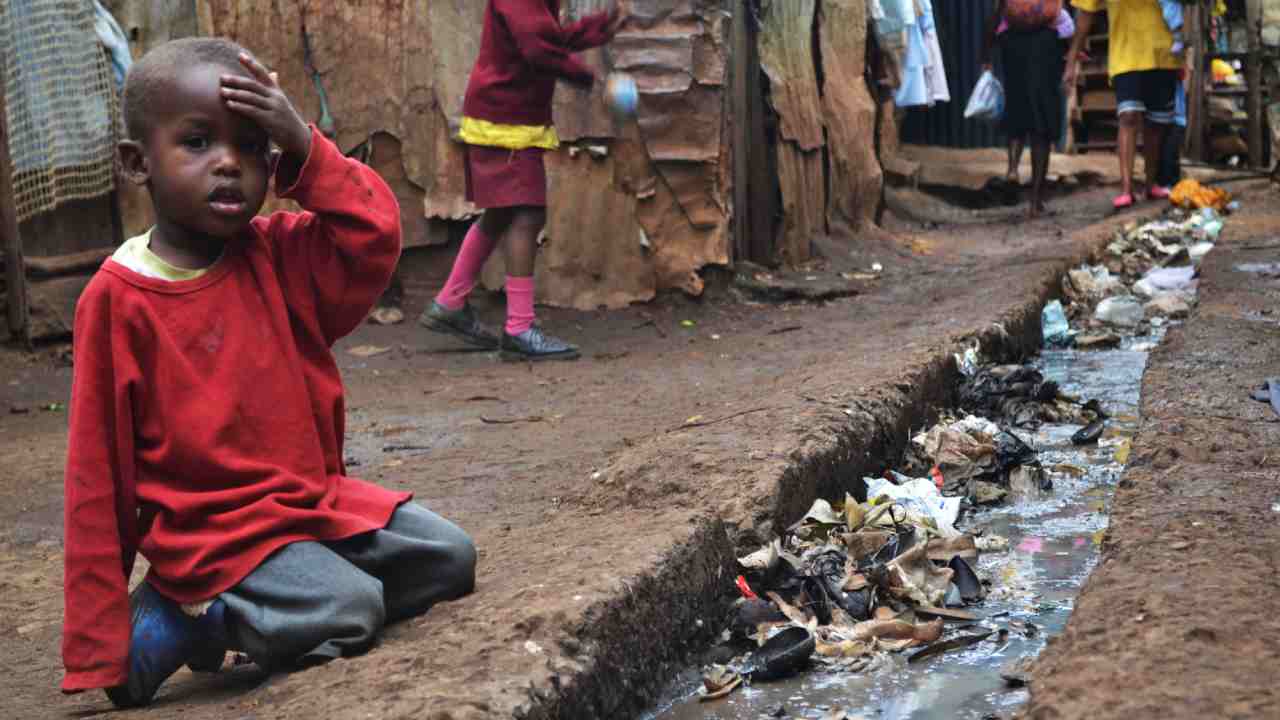The environment has a range of influences on the physical health, mental well-being and full development of children, but the world’s children grow up in unhealthy environments, surrounded by harmful pollutants and other elements that harm them, due to consumerist practices of the richest countries, reveals a report released on May 24 by United Nations Children’s Fund (UNICEF).
The study alerts about the unhealthy, dangerous and harmful conditions created by industrialised nations, including high exposure to toxic air, pesticides, humidity and lead, and lack of access to adequate light, green spaces and safe roads.
This environmental damage, says UNICEF, is a consequence of excessive consumption in the richest countries, which contributes enormously to the climate emergency, depletes natural resources and generates large amounts of electronic waste that is dumped in the developing world.
Although the UNICEF report is limited to comparatively examining the cases of 43 countries of the Organization for Economic Development (OECD) and the European Union, it gives an idea of the situation in which children from the poorest economies can find themselves in the world.
The UN agency explains that although a healthy childhood in the home is a safe and stable place, with sufficient and healthy food, clean water and a harmonious family, many children, even in the richest countries, lack these elements and are surrounded by toxic air, lead contamination, loud noise, or mouldy walls. Others live in houses that are too dark, cold, or crowded.
“Unsanitary living conditions irreparably damage children’s mental and physical well-being, their cognitive development and their prospects for a happy and healthy life. For a child living with high levels of traffic or without enough green space to play, the options to escape or counteract these dangers are few,” says Gunilla Olsson, director of the UNICEF Office of Research.
Data shows that children from the poorest families and marginalised groups do not have adequate housing, deepening disadvantage and perpetuating cycles of poverty.
Outside the home, rising temperatures, loss of biodiversity, extreme weather events, pressure on natural resources, and increasing waste are bad for both children and the planet.





























